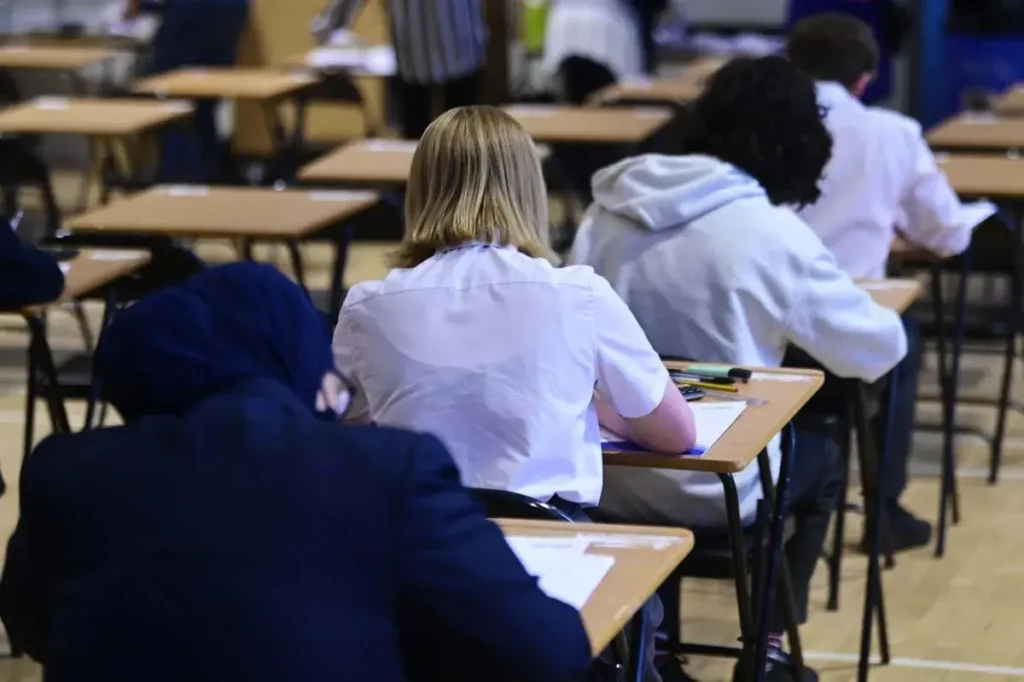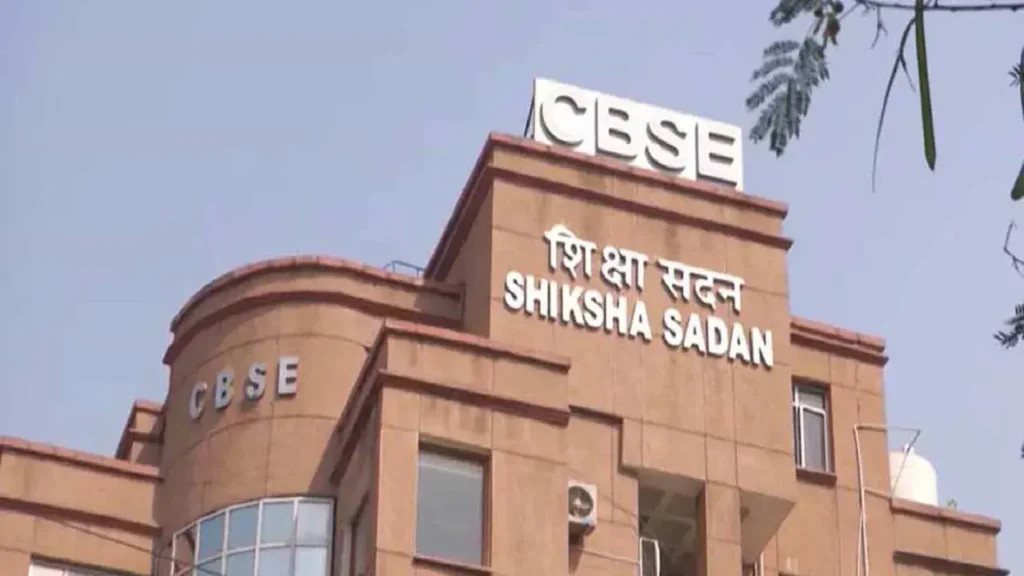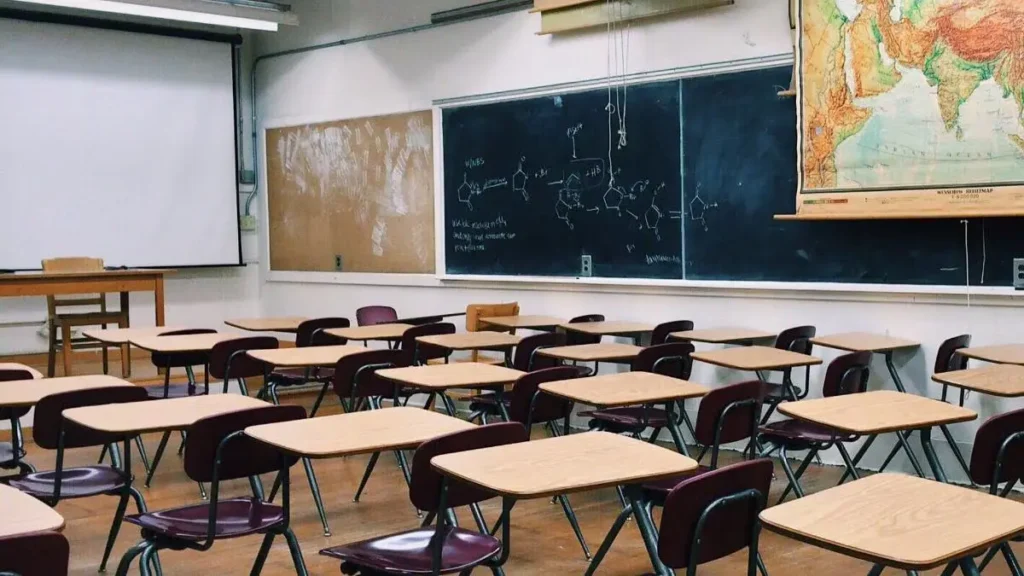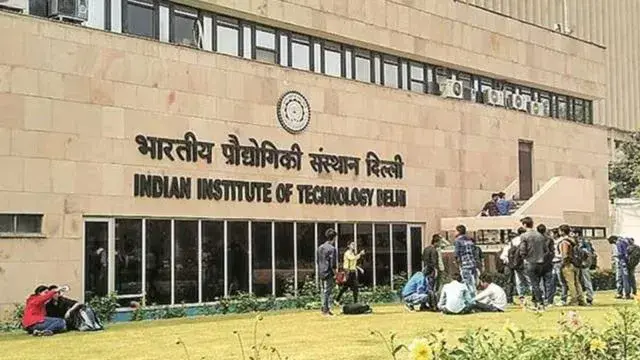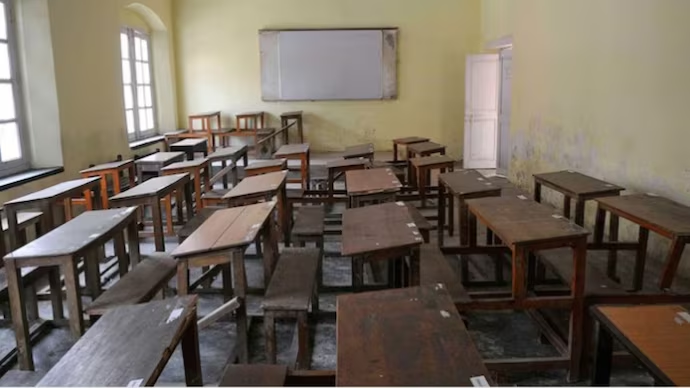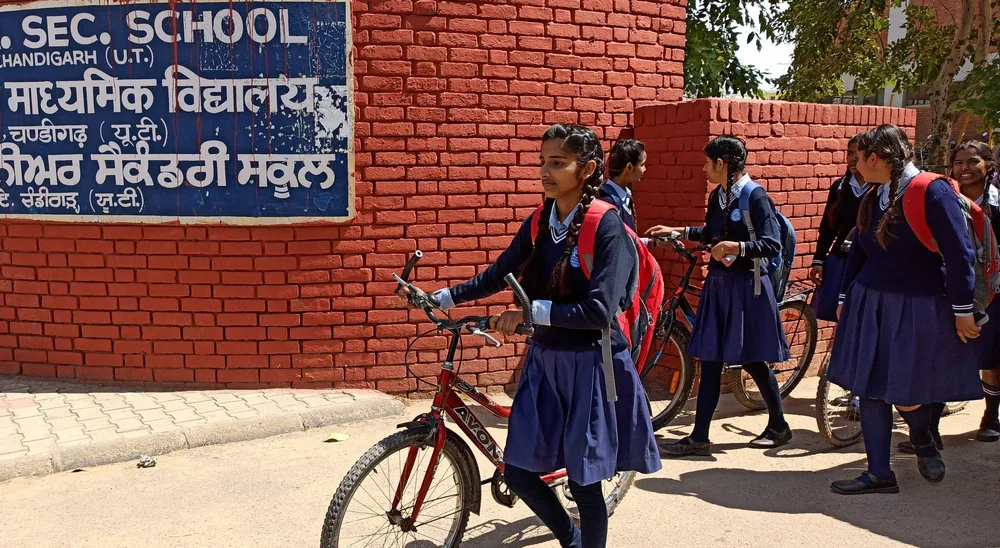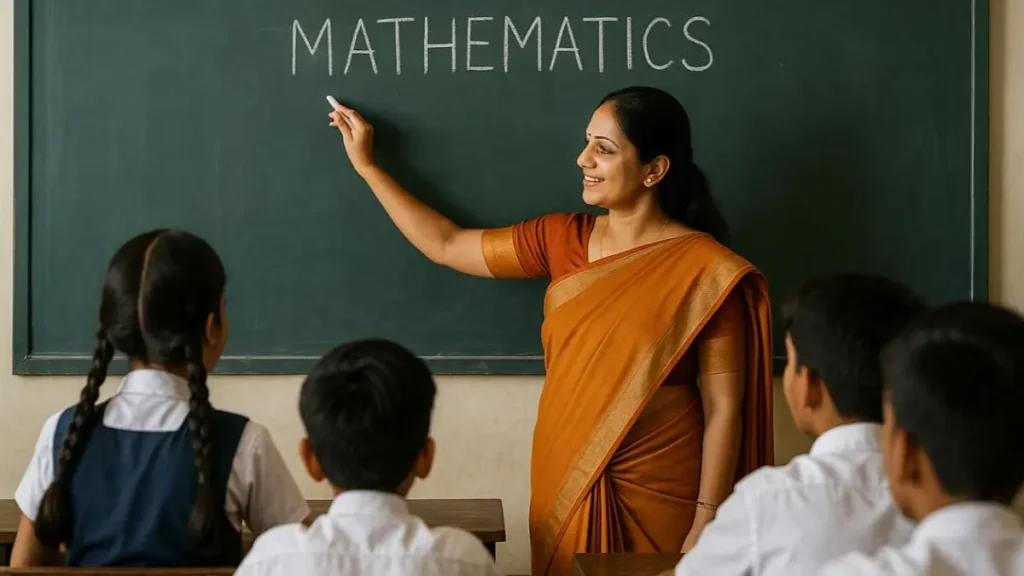J&K Government Plans Single-Window Digital Platform to Streamline Recruitment Processes
The Jammu and Kashmir government is gearing up for a major digital reform aimed at transforming recruitment procedures across all departments through a unified online system, officials confirmed on Saturday. Satish Sharma, Minister for Administrative Reforms, Inspections (ARI) and Trainings, chaired a high-level meeting to review the proposal. He stressed the need for simplifying administrative operations to ensure efficiency, transparency, and timely decision-making within government departments. According to an official spokesperson, the proposed Single Window Digital System will centralize the process of drafting and amending recruitment rules, paving the way for uniform policy enforcement and faster execution. Commending the ARI & Training Department for conceptualizing the initiative, Sharma directed that the system’s design and rollout be expedited in coordination with the General Administration Department (GAD), Finance, Law, and the Jammu and Kashmir Public Service Commission (JKPSC). He highlighted that inter-departmental collaboration and accountability must be maintained throughout implementation. “This digital platform will eliminate administrative bottlenecks, ensure transparency, and bring consistency in recruitment practices across all departments,” Sharma said. “By integrating real-time monitoring and public access features, it will strengthen accountability and reinforce citizen trust in governance.” The minister instructed that the new system be linked with the existing E-Office framework, alongside capacity-building programs for departmental nodal officers to facilitate smooth adoption. The initiative envisions several benefits — including a uniform recruitment policy, reduced paperwork, quicker file processing, improved coordination between departments, and enhanced transparency through online tracking. As per the proposed model, the platform will feature secure departmental logins, digital templates for proposals, online routing among ARI & Training, Finance, Law, GAD, and JKPSC, and a centralized archive for all approved recruitment rules and amendments. It will also provide real-time SMS and email notifications, performance dashboards, escalation mechanisms for delays, and strong data protection protocols. Departments will be required to submit recruitment proposals within 30 days, followed by a 10-day processing window for each stakeholder department, ensuring final approval from the GAD within a fixed timeframe. The move, officials said, represents a decisive step towards a paperless, transparent, and efficient governance model in Jammu and Kashmir’s public administration. Source: PTI
J&K Government Plans Single-Window Digital Platform to Streamline Recruitment Processes Read More »


